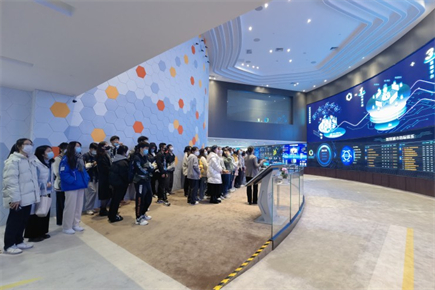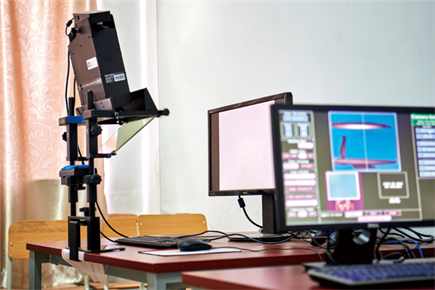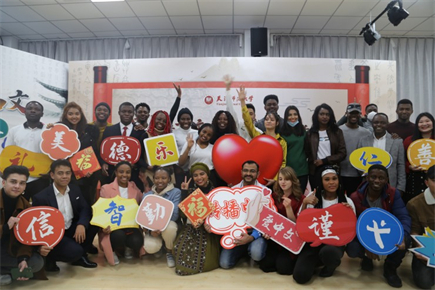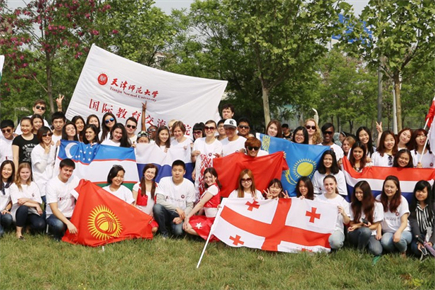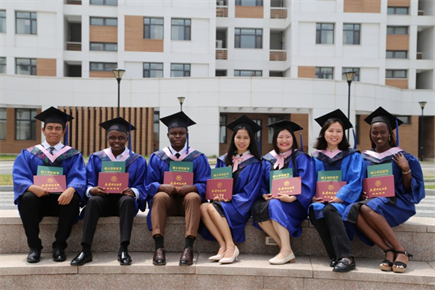On Dec 17, the final round of the 20th China Post-Graduate Mathematical Contest in Modeling came to a close. Led by Wang Shuyi, associate professor from the School of Management, and Cen Yonghua, a professor from the Institute of Big Data Science, TNU’s team received the nomination award of "Mathematical Modeling Stars," marking a historic breakthrough for the university in this competition.
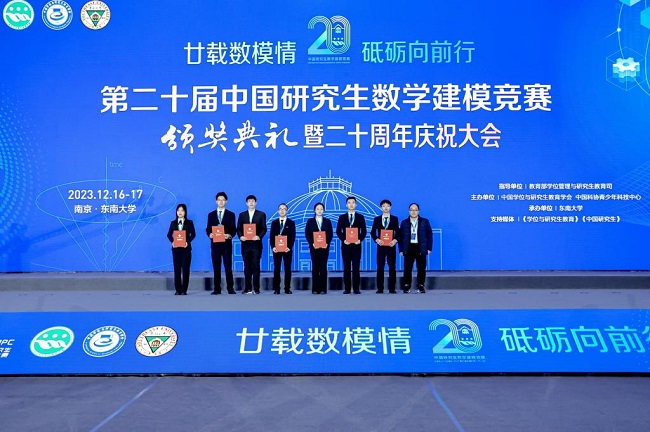
The awarding ceremony of the 20th China Post-Graduate Mathematical Contest in Modeling
The China Post-Graduate Mathematical Contest in Modeling is currently one of the highest-level, largest-scale, and most influential national competitions for graduate students in China. This year's competition saw a total of 19,898 graduate teams from 507 universities participate, among them, 200 teams were awarded the first prize (with a win rate of 1.01 percent). Additionally, a total of top 12 teams of the first prize advanced to the "Mathematical Modeling Star" national final. In the end, teams from the Beijing Institute of Technology, Southeast University, and Xi'an Jiaotong University won first, second, and third place in the "Mathematical Modeling Star" final, respectively; TNU's team, along with another eight teams, received the "Mathematical Modeling Star" nomination award (with a win rate of 0.06 percent).
This year, the contest established a total of six competition subjects. TNU's team chose the subject of "Mathematical Modeling of Clinical Diagnosis and Treatment for Hemorrhagic Stroke". Through multiple models, they conducted intelligent clinical diagnosis and treatment to determine the course of the disease and treatment methods for patients having suffered from hemorrhagic stroke within a short period of time, aiming to find the golden treatment time window for patients.
The team's mathematical modeling calculations ranked among the top, and their paper reports and on-site presentations received high praise from the judges and experts in the final round. During the modeling process, the students emphasized social responsibility and humanistic care, showcasing the pedagogical characteristics of TNU's students. This process fully demonstrated the innovative practical ability of graduate students from the School of Management to comprehensively apply theoretical concepts, methods, and tools, such as mathematical statistics, data analysis, and machine learning to solve problems.
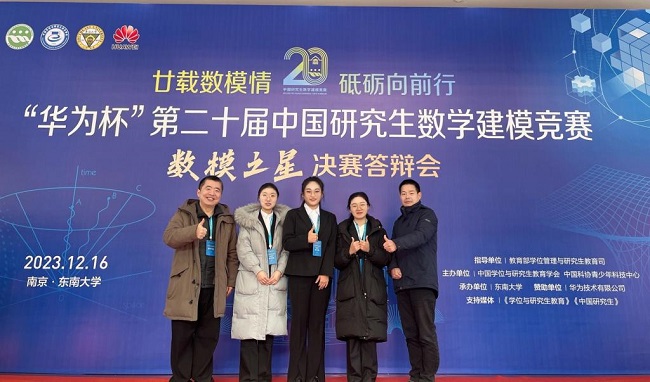
A group photo of TNU’s team
In recent years, the School of Management has leveraged its disciplinary characteristics and advantages, emphasized the high-quality development of the education system in the era of big data and cultivated versatile talents. By encouraging the enthusiasm and potential of graduate students to engage in scientific innovation, the school aims to cultivate students’ ability to apply theoretical knowledge to solve practical problems, resulting in significant achievements.


